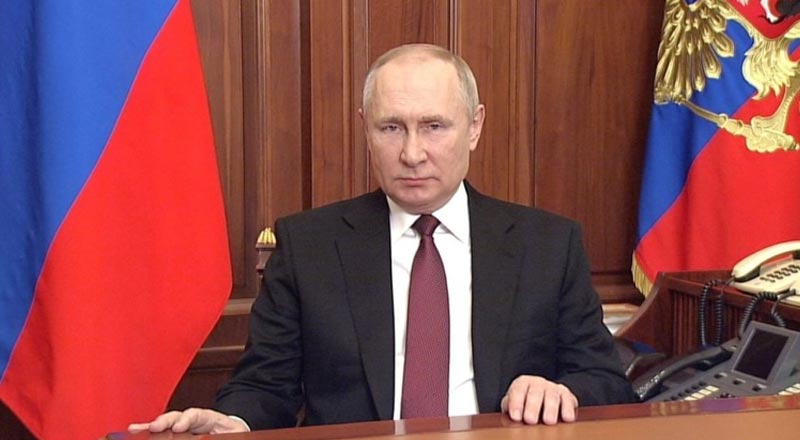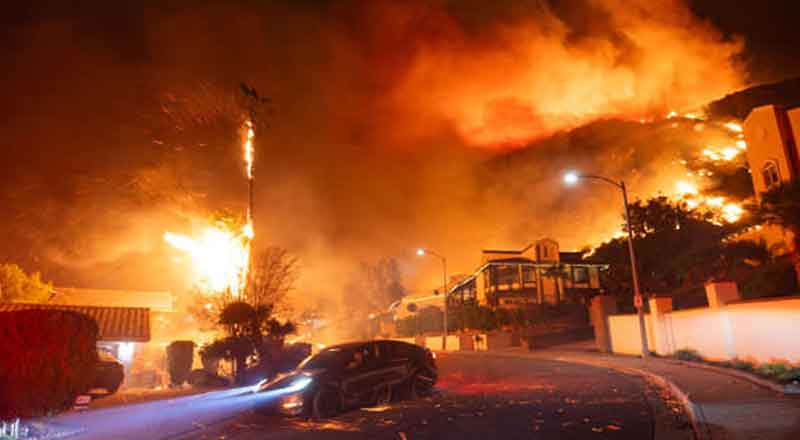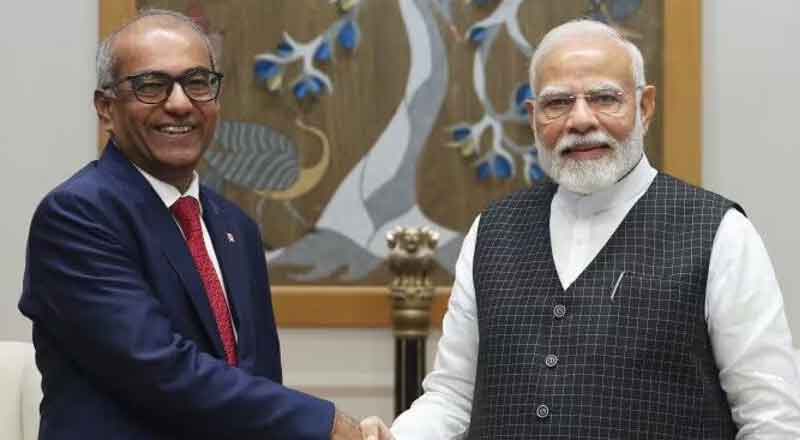The economic impact of the Russia-Ukraine conflict is not just limited to Ukraine, Russia, or Europe, but it is widespread across the globe. Leading data and analytics company GlobalData lists several global companies that have had their business disrupted by the conflict due to their presence in these two countries.
Impact on economy and business sentiment
Kadempally Abhinay Goud, Business Fundamentals Analyst at GlobalData, comments: “Businesses should not expect a quick return to normal. From closures to the suspension of potential investments and ongoing projects such as the Nord Stream 2 natural gas pipeline, disruption is rife, and will take some time to untangle. According to GlobalData’s Sentiments database, which indicates how positively or negatively companies are ‘talking about’ various markets in their company filings, overall business sentiment towards ‘Ukraine’ declined by around a third in Q1 2022, compared to Q1 2021—showcasing deep-set uncertainty. Meanwhile, sentiment towards ‘Russia’ declined by approximately 18%.
“Further, in the backdrop of ongoing conflict and other factors, GlobalData’s estimations for East Europe’s real GDP growth has been revised downward by 5.1 percentage points in March 2022. Both Ukraine and Russia are forecast to contract by around 10% in 2022. An economic outlook such as this will play a major role in company’s business decisions.”
Consumer and beverages
Coca-Cola closed its plant in Ukraine while Carlsberg closed its breweries. Meanwhile, Unilever and Nestle limited their operations in Ukraine.
Cloe Legrand, Consumer Analyst at GlobalData, comments: “The negative impact of the Russia-Ukraine crisis will force alcohol manufacturers such as Carlsberg to focus their strategy on different regions that have experienced steady growth in the alcoholic beverages industry. With Heineken and Carlsberg still recovering from the impact of COVID-19, 2022 is proving a challenging year. Disruptions to supply chains and high inflation rates will continue to be areas of interest for these companies. However, by focusing on local brands and regions that have been showing potential growth such as Asia, these major brewers will be better situated to mitigate their revenue loss in the East Europe market.”
Automotive
Original equipment manufacturers (OEMs) such as Volvo Cars, Ford, Jaguar-Land Rover, General Motors, BMW, Daimler Trucks, AB Volvo Trucks and motorcycle maker Harley Davidson have all ceased export operations to Russia, with Ford confirming that it had suspended its Ford-Sollers Russian joint venture effective immediately in response to the invasion.
Bakar Sadik Agwan, Automotive Analyst at GlobalData, comments: “Automotive players worldwide have responded to Russian aggression with condemnation and actions that will isolate the country further. Renault remains one of the most exposed OEM to the Russia-Ukraine conflict, having five production locations and total capacity of 1.5 million units idle. GlobalData’s light vehicle production disruption tracker estimates a production volume impact of 81,100 units for Renault.
“Further, AvtoVAZ, the parent to Russia’s leading auto company, Lada, is approximately 68% owned by Groupe Renault. The Russian partner could face significant difficulties if its French associate was to pull out.”
Financial sector
The EU, the US, the UK and Canada have committed to removing the following Russian banks from the SWIFT financial system: VTB, Bank Otkritie, Novikombank, Promsvyazbank PJSC, Sovcombank PJSC and VEB.RF.
Chris Dinga, Banking Analyst at GlobalData, comments: “Banning Russia from SWIFT will negatively impact the Russian economy as it will be difficult for Russia to complete any international transactions. Though banning Russia will not completely stop it from making cross borders transactions with its international partners, it will make the process more expensive, less secure and more difficult, which should slow the growth of its economy.
“The last country to be banned from SWIFT was Iran in 2012 due to its missiles and nuclear program. To circumvent the ban, it directly connected its banking system to Russia. We could see a similar move by Russia as it could connect its banking system to China.”
Visa, Mastercard and Paypal have suspended their business operations in the country.
Dinga continues: “Visa, Mastercard, and Paypal’s decision to suspend their operations in Russia has cut Russia off from international transfers has forced Russia to consider alternative solutions, one of which is Russian banks issuing bank cards using Russia’s own payment scheme Mir network, co-badged with China UnionPay.”
Apparel
Inditex, H&M, IKEA, Nike, Puma, Prada, Levi Strauss & Co have suspended their operations in Russia.
Darcey Jupp, Apparel Analyst at GlobalData, comments: “The vast majority of the top apparel companies have now suspended either all or part of their operations in Russia following the outbreak of the war in Ukraine, which will be particularly damaging to the Russian apparel market. Most companies were motivated to withdraw by operational issues, rather than ethical reasons, as they struggled to guarantee stock deliveries both instore and to their customers making online purchases.
“While Russia may account for a small proportion of sales for some of the top global apparel companies, Inditex is bracing itself to be hit hard, after announcing in its latest trading update that the Russian market previously comprised around 8.5% of its operating profit. However, its promising recent performance driven by high demand from its young consumer base suggests damages could be largely alleviated by strong performance in other regions.”
Technology
Major technology giants such as Netflix, Google, Meta, Apple, Microsoft and Samsung Electronics have halted or curtailed their operations in Russia.
Elizabeth Read, Thematic Analyst at GlobalData, comments: “Tech companies’ reactions to the Russia-Ukraine conflict are the epitome of environment, social and governance (ESG) issues. No company can claim to be doing all it for social or governance issues and continue to do business in a country that has incited conflict—and where its technology may be used to spread misinformation. The Russian market constitutes a small portion of total revenue for many companies (even tech giants such as Netflix, Google, and Meta) as they face Russian competition in the form of super-app Yandex. It’s a no-brainer for tech companies to pull out of Russia.”





